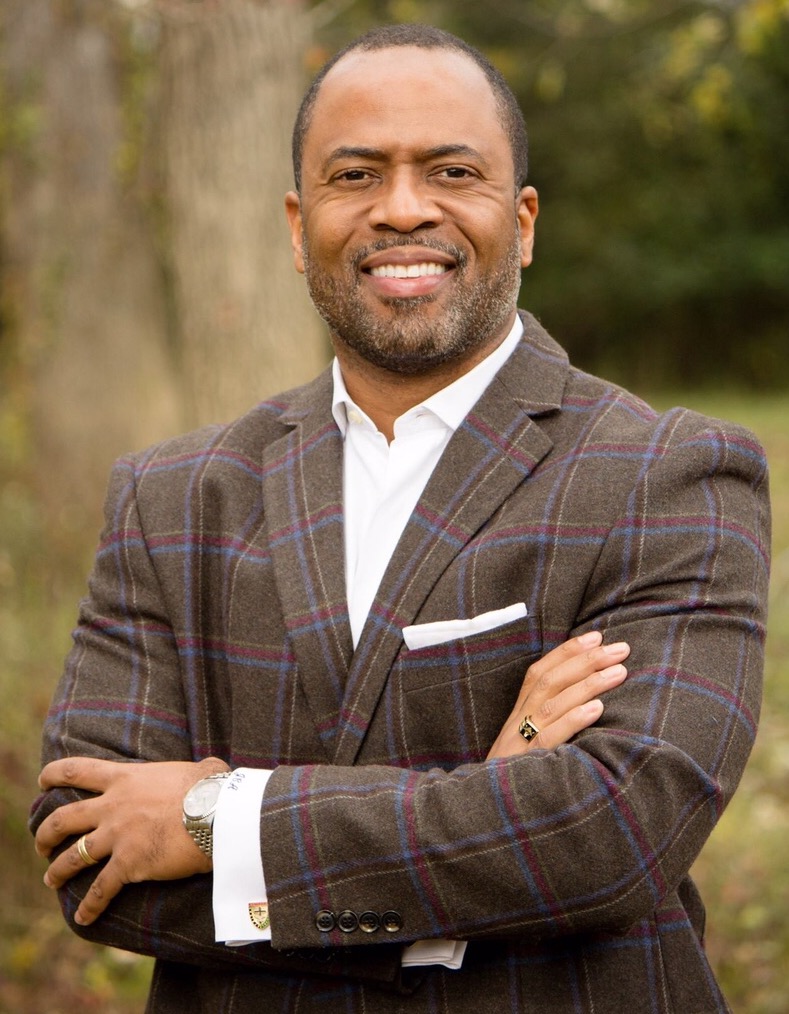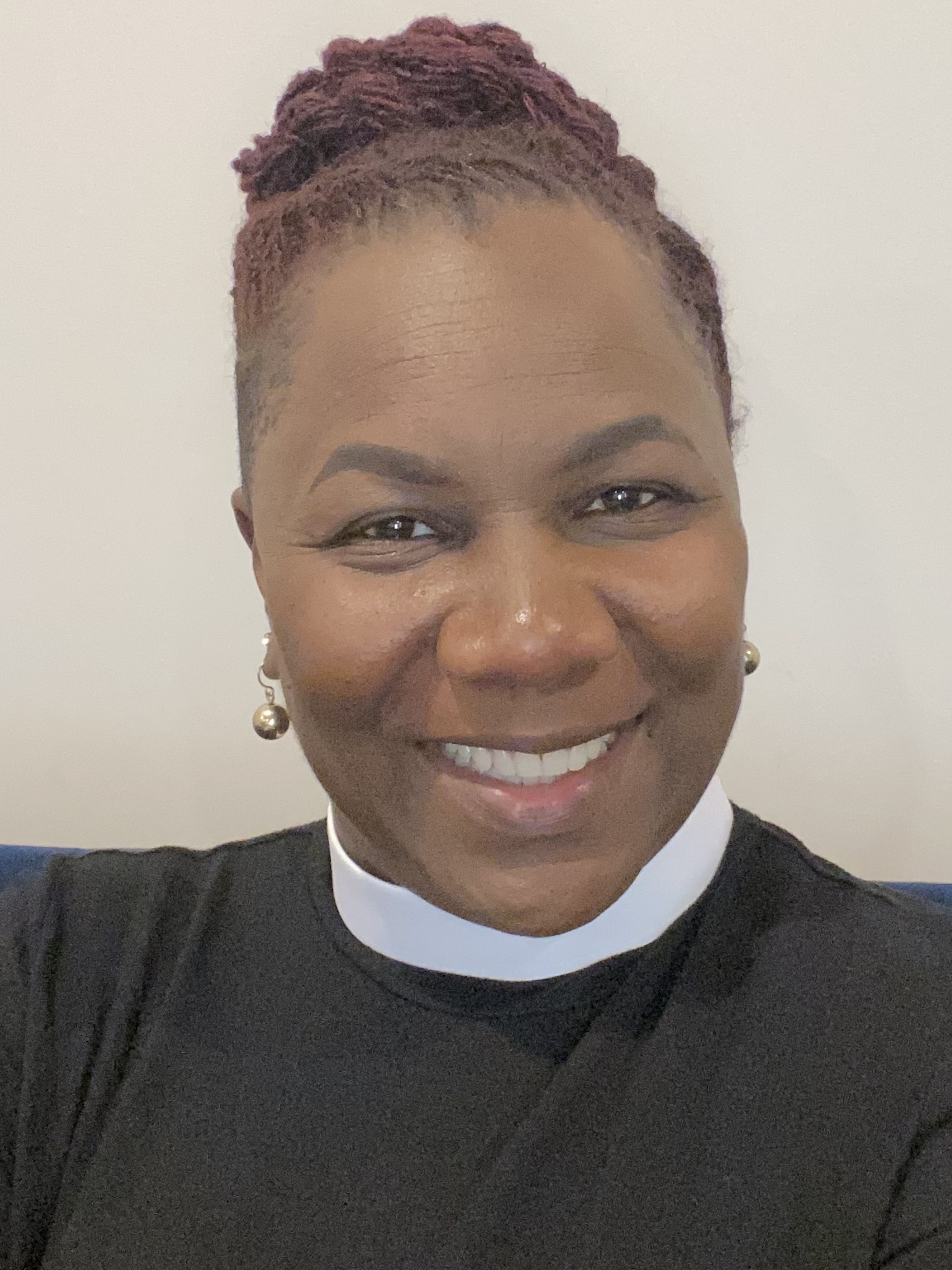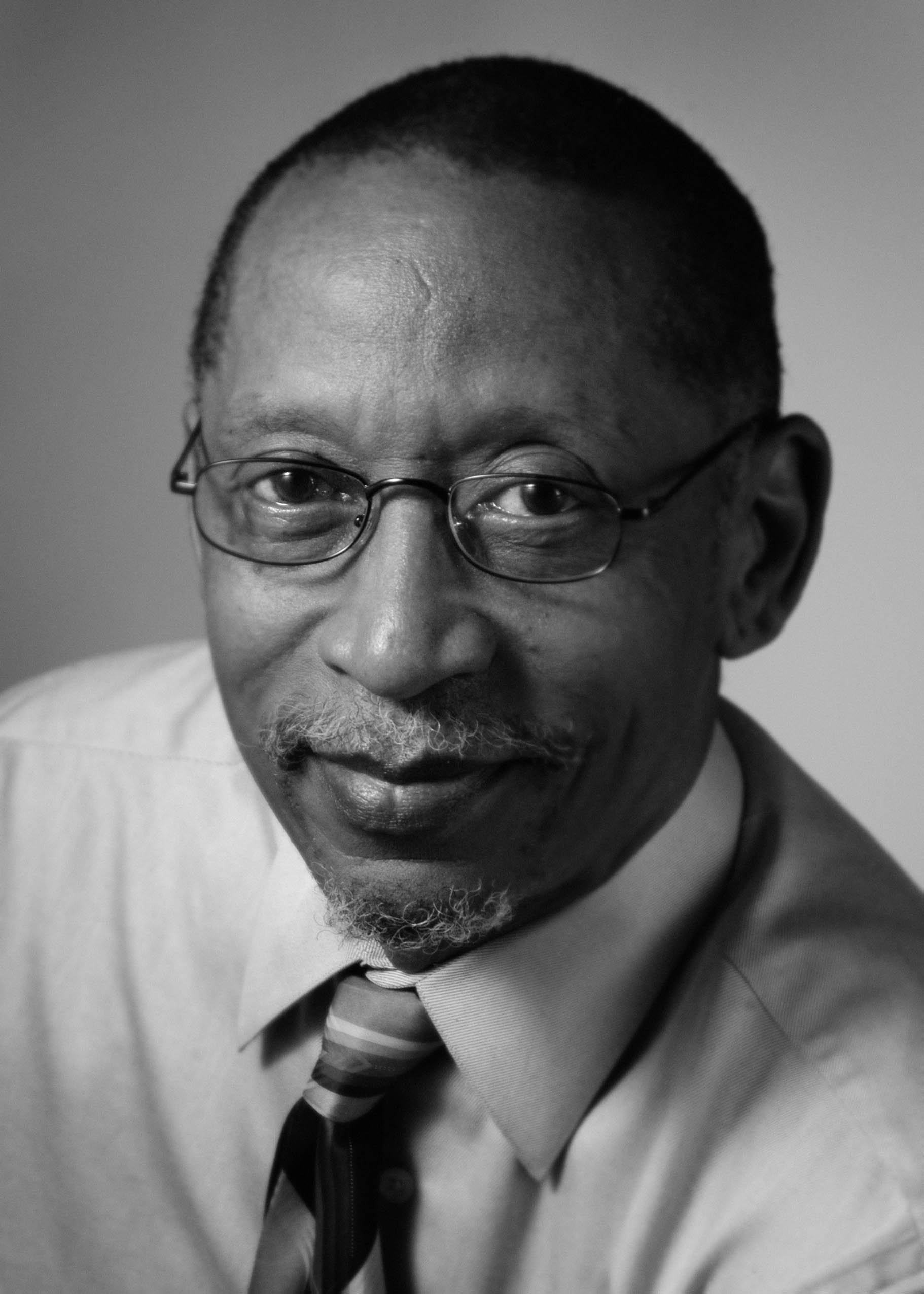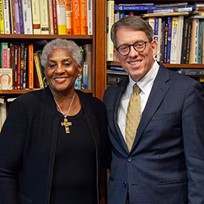Connecting the Past and Present: Golden Anniversary Reflections on the Assassination of Martin Luther King, Jr.
By Rev. Jonathan C. Augustine, JD, MDiv
Many will pause during 2018 for the 50th-anniversary observations of the April 4, 1968 assassination of the Rev. Dr. Martin Luther King, Jr. His untimely death occurred as he was in Memphis, Tennessee, giving support to local sanitation workers who sought equity in pay.
In identifying some of King’s greatest accomplishments, some will unquestionably speak to his influence in helping the Civil Rights Act of 1964 and Voting Rights Act of 1965 become laws that defined the Civil Rights Movement. Others might opine that because of the importance of leveling the playing field of educational access and opportunity, King’s most significant accomplishment was ensuring passage of the Elementary and Secondary Education Act of 1965. Most, however, will likely recall King’s popular oration, the “I Have a Dream” speech, delivered during the August 1963 March on Washington, as forecasting an egalitarian America that 45 years later would elect Barack Obama as the country’s first Black president. Indeed, denoting the speech’s influence, after Obama’s election, several conservative political commentators argued King’s dream became a reality as America entered a post-racial state, obviating the need for remedial social measures like Affirmative Action and the very Voting Rights Act for which King so diligently fought.
While some might identify those acts as King’s greatest accomplishments, I respectfully differ in opinion. Instead, I gauge King’s greatest act, measured by its ongoing influence on contemporary society—especially considering the still-polarized racial tensions that birthed the Black Lives Matter Movement and the uncompromising unwillingness to silence the gender-based inequities and harassment that unearthed the Me Too Movement—as his April 1963 peaceful protest held over the Good Friday and Resurrection Sunday weekend, when he demonstrated civil disobedience by going to jail. As a predecessor to #BlackLivesMatter and #MeeToo, King stood up against the discriminatory policies of Eugene “Bull” Connor, Birmingham’s police commissioner, citing the theology of St. Augustine, the non-violent leadership of Jesus the Christ, and the biblically-based moral convictions of Shadrach, Meshach, and Abednego, in rejecting policies he deemed morally unjust. Consequently, the rationale for King’s dissonant actions, detailed in his famous Letter from Birmingham Jail, sets a foundation for contemporary social activism. Moreover, during this 50th anniversary observation of King’s assassination, the influence of Letter from Birmingham Jail should cause us all to rethink the relatively passive posture the church has taken in the midst of proverbial “ruins.”
In The End of Words: The Language of Reconciliation in a Culture of Violence, Dr. Richard Lischer, a homiletics professor at Duke Divinity School, describes King’s effectiveness as a communicator, writing that King employed Aristotle’s modes of effective communication, the logos, ethos, and pathos. King used the logos—he appealed to logic; the ethos—he demonstrated credibility; and the pathos—effectively appealed to emotion, touching the hearts of America. Lischer opines that King effectively used all three but emphasized pathos by literally going to the “ruins,” to publicly address the need for communal reform. After a church bombing, for example, King would go to the church’s literal ruins to lead a prayer vigil in the midst of smoldering rubble, taking a non-violent position of resistance and speaking to the church’s moral leadership in addressing social problems. As we reflect on King’s greatest and most influential works—especially during the 50th-anniversary of his assassination—we too are called on to visit “the ruins,” by speaking truth to power during a time when ruins are commonplace and Black America has entered its own version of the Babylonian Exile.
As we honor King’s legacy, are we willing to go to the ruins of public educational systems and do our part in the education reform movement? Are we willing to go to the ruins of a criminal justice system where racial bias not only motivated a string of homicides committed by law enforcement officers but also led to either refusals to indict officers for their wrongdoings or their acquittals through an adjudicatory process? Are we willing to go to the ruins of a broken financial state where predatory lending has become commonplace in Black communities and the accumulation of debt, instead of assets, has become the social norm? Are members of the clergy willing to go to the ruins of failed immigration policies and be arrested while protesting in the public square, similar to the current pastor of King’s home church in Atlanta, Georgia? I firmly believe the best way out of our current exile is for the church to stand up, with nonviolent resistance, in the midst of “the ruins” and speak truth to power.
King’s final book, Where Do We Go From Here: Chaos or Community? was published in 1968, just after his assassination. The rhetorical question posed then is arguably even more relevant today, in a post-Obama presidency America. It is up to the church to go to the proverbial ruins and lead people out of the current exile.





